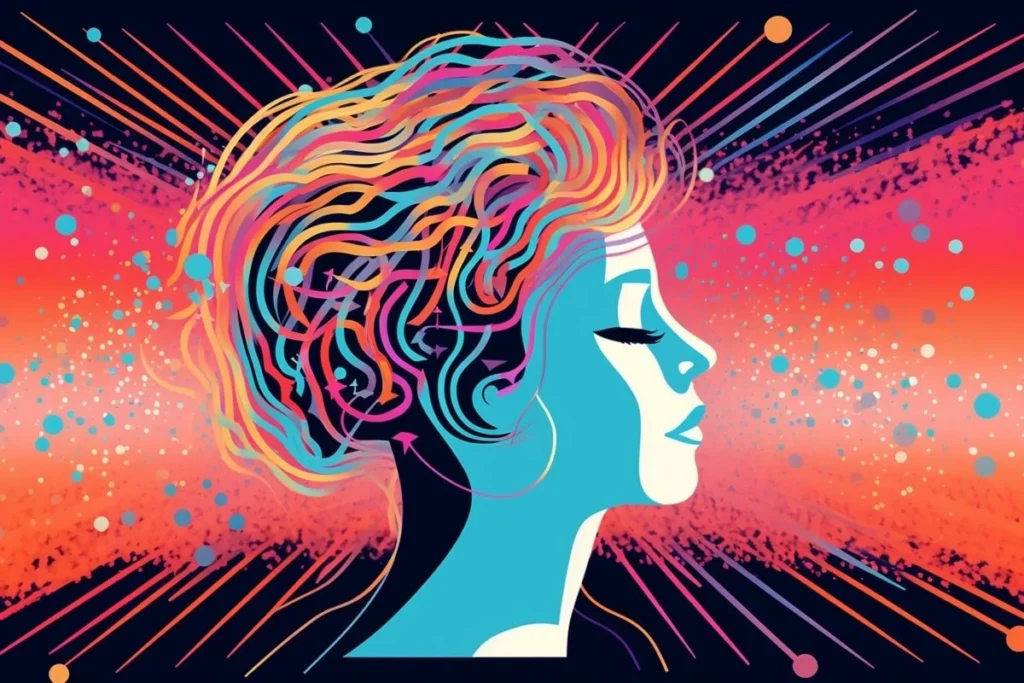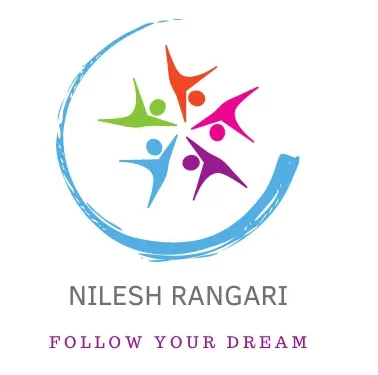The Impact Of Social Media On Mental Health
The Impact Of Social Media On Mental Health. In today’s interconnected world, social media has become a ubiquitous part of our lives. It’s a platform that fosters connection, creativity, and community. However, behind the likes and shares, there’s a complex landscape that can significantly impact our mental health. Let’s dive deeper into this terrain, exploring its positive aspects while also acknowledging its potential pitfalls. Social media can be boon or it can be curse. It’s totally depends upon how you tackle with it. There can be serious impact of social media on your mental health. Be attentive while using such platforms. In this article we will see The Impact Of Social Media On Mental Health and how can we reduce discomforts on our mental health of Social Media.
Positive Effects:
“You are capable of creating a life filled with purpose and meaning, despite your mental health challenges.”
Robert Johnny
Social media provides a space for individuals to connect with like-minded people, fostering a sense of belonging and support. It’s a hub of information, offering valuable resources and opportunities for learning and growth. Additionally, social media platforms serve as a canvas for self-expression, allowing individuals to showcase their talents and ideas to a global audience.
Moreover, social media serves as a source of inspiration and motivation. It can expose individuals to new ideas, perspectives, and opportunities for personal growth. For many, social media is a platform for self-expression, allowing them to showcase their creativity and talents, which can boost self-esteem and confidence.
Additionally, social media offers a platform for raising awareness about mental health issues and reducing stigma. Many individuals use social media to share their stories, advocate for mental health awareness, and connect with others who may be experiencing similar challenges. Overall, when used mindfully, social media has the potential to positively impact mental health by providing support, inspiration, and opportunities for connection and self-expression. Each coin has two sides, Social Media also has some positive effects, if you use it wisely.
Negative Effects:

Despite its many benefits, social media can also have detrimental effects on mental health. The constant comparison to curated online personas can lead to feelings of inadequacy and low self-esteem. Cyberbullying and online harassment are prevalent issues that can have serious consequences on mental well-being. Moreover, the constant barrage of information and notifications can contribute to anxiety and sleep disturbances.
Another negative effect of social media is its impact on sleep patterns and overall well-being. The blue light emitted by screens can disrupt sleep, leading to fatigue and mood disturbances. Additionally, excessive social media use can contribute to a sedentary lifestyle, which can have negative implications for physical health and mental well-being.
Furthermore, social media can sometimes contribute to feelings of isolation and loneliness, despite its intended purpose of connecting people. This paradoxical effect can occur when individuals rely too heavily on social media for social interaction, leading to a lack of meaningful offline connections. Lot of mis – happenings have been taking place due to negative impact of social media on mental health. Sometimes it can be very dangerous, it’s very much important to take these impacts seriously and one need to take certain majors to nullify negative impacts on mental health.
Research Findings:
Studies have shown a correlation between excessive social media use and mental health issues such as depression and anxiety. The pressure to present a perfect online image can lead to feelings of isolation and disconnection from reality.
On the positive side, some studies have found that social media can enhance feelings of social support and connectedness, particularly among individuals who use it to maintain relationships with friends and family. Additionally, social media platforms can serve as valuable tools for mental health advocacy and education, providing a platform for sharing resources and raising awareness about mental health issues.
Moreover, research has shown that the content individuals engage with on social media can impact their mental health. For example, exposure to positive and inspiring content can improve mood and well-being, while exposure to negative or triggering content can have the opposite effect.

5 tips to improve your mental health
- Practice Self-Care: Set aside time each day to prioritize your well-being. This can include activities such as meditation, yoga, exercise, or simply taking a walk outdoors. Engaging in activities that nourish your mind, body, and soul can help reduce stress and improve your overall mood.
- Stay Connected: Maintain strong relationships with friends and family. Social support is crucial for mental health, so make an effort to connect with loved ones regularly, whether it’s through phone calls, video chats, or in-person meetings. Sharing your thoughts and feelings with others can provide comfort and perspective.
- Limit Screen Time: While social media and technology can be useful tools, excessive screen time can have negative effects on mental health. Set boundaries for your screen time and prioritize real-life interactions. Engaging in activities that don’t involve screens, such as reading a book or going for a hike, can be beneficial for your mental health.
- Practice Mindfulness: Mindfulness involves being present in the moment and accepting your thoughts and feelings without judgment. Incorporate mindfulness techniques into your daily routine, such as deep breathing exercises or mindful eating. These practices can help reduce stress and improve your overall sense of well-being.
- Seek Professional Help: If you’re struggling with your mental health, don’t hesitate to seek help from a mental health professional. Therapy, counseling, or medication can be effective treatments for managing mental health conditions. Remember, it’s okay to ask for help, and taking care of your mental health is a sign of strength.
In Conclusion:- The Impact Of Social Media On Mental Health
Social media is a powerful tool that can enrich our lives in many ways. However, it’s essential to approach it mindfully, understanding its potential impact on our mental health. By setting boundaries, cultivating positive online experiences, and prioritizing self-care, we can navigate this digital terrain with grace and resilience. It’s important to note that the relationship between social media use and mental health is complex and multifaceted, influenced by various factors such as individual differences, usage patterns, and content exposure. Continued research in this area is essential to better understand the mechanisms through which social media affects mental health and to develop strategies for promoting positive mental health outcomes in the digital age.
Remember, your mental health is paramount. Take breaks when needed, seek support when necessary, and always prioritize your well-being in the digital world and beyond. Take step in the moment when you realize that social media taking toll on your health, wake up and start working on yourself, you have a long way to go, Keep Moving Forward.
Recommended Book:- 52-WEEK MENTAL HEALTH JOURNAL

